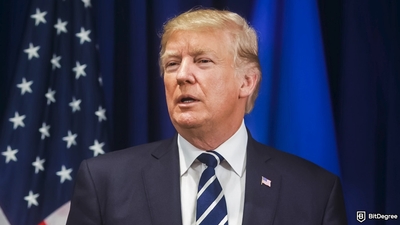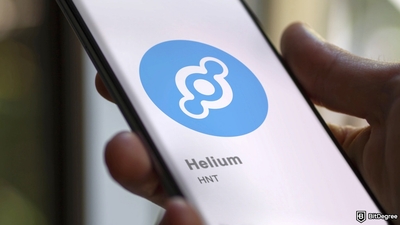Free Airdrop Season 7 is LIVE! Answer fun questions or do simple tasks to earn rewards from the $30K BitDegree prize pool. Participate Now ! 🔥
"Enough Is Enough": Musk’s Legal War Against OpenAI’s For-Profit Agenda
Key Takeaways
- Elon Musk files legal action, accusing OpenAI and Microsoft of anti-competitive practices that harm his firm and suppress rivals;
- OpenAI’s shift from a nonprofit to a profit-driven entity sparks allegations of market dominance and betrayal of its original mission;
- Musk demands safeguards for OpenAI’s nonprofit status, citing unfair competition and unsafe AI product rollouts impacting public trust.
Elon Musk has taken legal action to block OpenAI from becoming a profit-focused company, accusing them of unfair practices that he believes harm his own firm and the public.
In a motion filed on November 30, he alleges that OpenAI, along with its chief executive officer (CEO) Sam Altman, Microsoft's stakeholder, and President Greg Brockman, violated agreements tied to his original contributions to the nonprofit organization.
He claims that OpenAI's partnership with Microsoft has led to practices that unfairly disadvantage his new venture through monopolistic behavior.

Did you know?
Subscribe - We publish new crypto explainer videos every week!
What is a Crypto Bridge? (Explained with Animations)


Musk's lawyers argue that OpenAI's transformation from a nonprofit to a profit-seeking entity is filled with anti-competitive actions, serious breaches of its original charitable mission, and self-serving conduct.
They assert that through exclusive deals, OpenAI and Microsoft have taken control of nearly 70% of the generative AI market, using aggressive tactics to suppress competition. Musk stated:
Microsoft and OpenAI now seek to cement this dominance by cutting off competitors’ access to investment capital (a group boycott), while continuing to benefit from years’ worth of shared competitively sensitive information during generative AI’s formative years.
Under California law, a nonprofit can change into a for-profit stock corporation but cannot convert into a limited liability company.
OpenAI, though remaining a nonprofit, has created a for-profit subsidiary to secure funding and attract leading talent, all while operating under the oversight of the nonprofit. Musk's legal team argues that issuing a warning is the only effective way to safeguard OpenAI's nonprofit essence.
Musk’s latest legal battle highlights the ongoing tensions in the AI sector. But beyond his fight with OpenAI, Musk continues to make headlines for his achievements. How did he shatter records with a $348 billion fortune? Read the full story.























